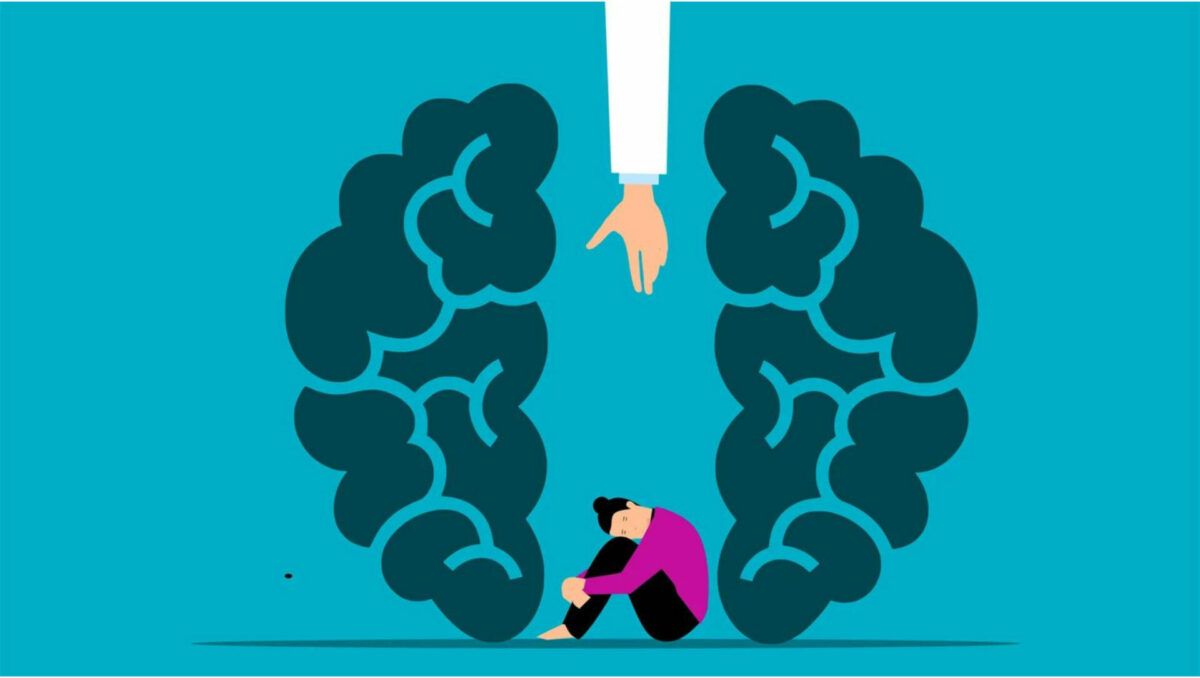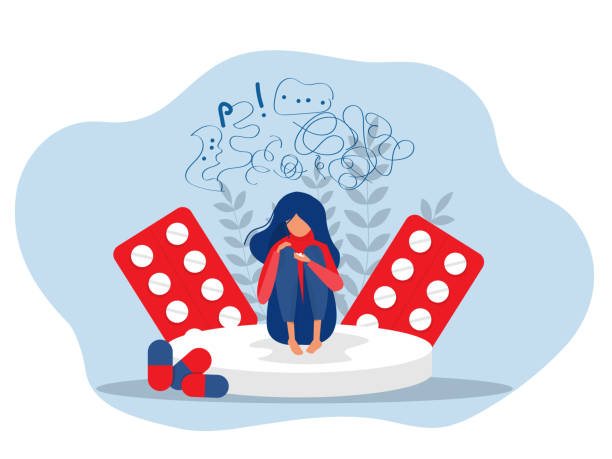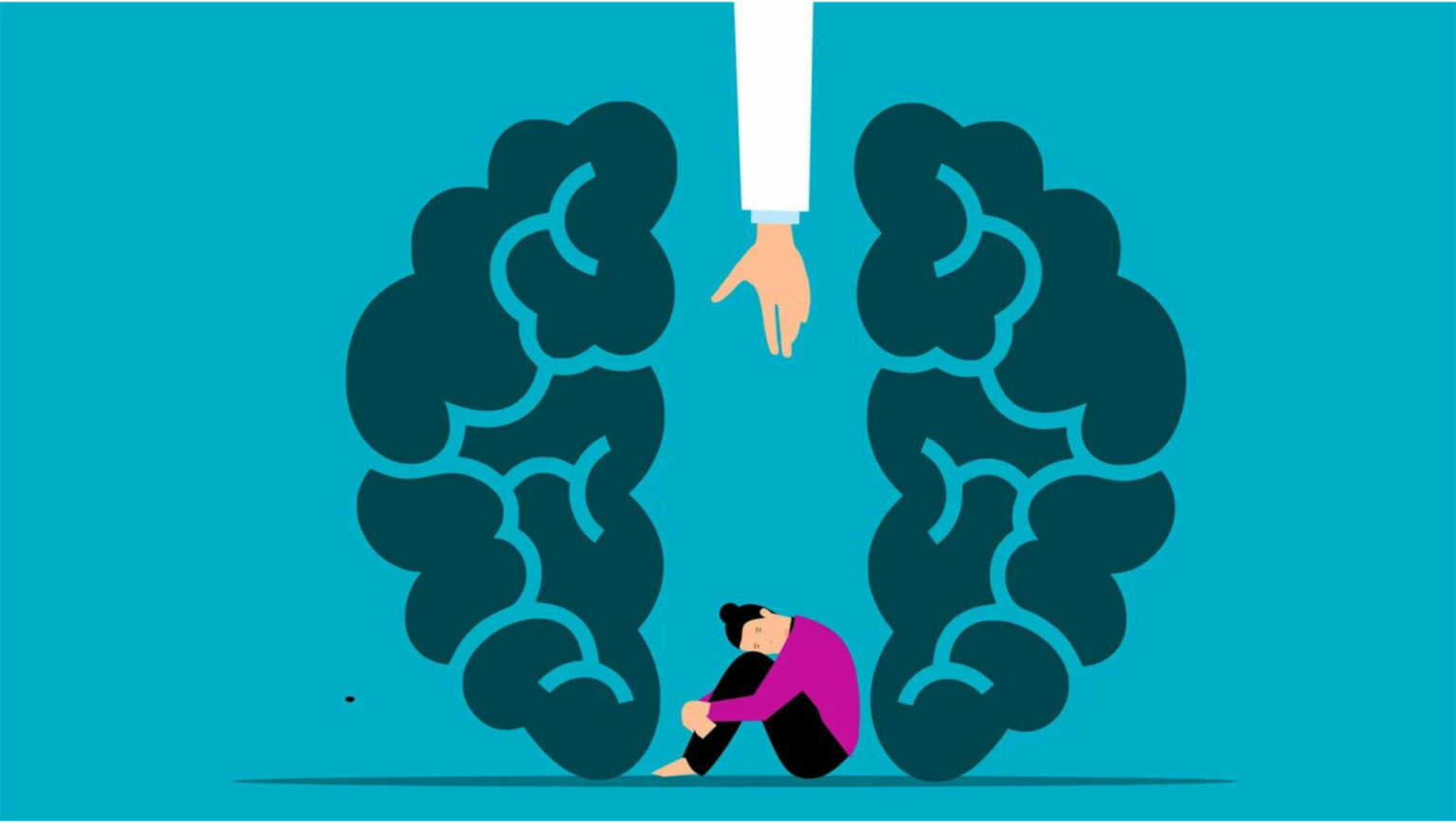Researchers at Stanford Medicine have discovered a new subtype of depression that affects 27% of patients and cannot be properly treated by commonly prescribed antidepressants. They labeled it as the cognitive biotype. I published the study report on June 15 in JAMA Network Open.

Leanne Williams, PhD, the Vincent V.C. Woo Professor and Professor of Psychiatry and Behavioral Sciences, the senior author of the paper, informs that the study is a component of a larger initiative by neuroscientists to discover therapies that target certain depression biotypes.
The New Depression Subtype
SSRIs, or selective serotonin reuptake inhibitors, are antidepressants that target serotonin and are frequently prescribed by doctors since depression is typically thought of as a mood disorder. However, these medications are less beneficial for individuals who suffer from cognitive impairment.
Investigations into how the patients perform certain cognitive tasks revealed that they struggle to preplan, exert self-control, maintain focus over distractions, and restrain from inappropriate behavior. When their brains were imaged, the results indicated limited activity in the two brain areas related to these tasks.
The results of the Stanford study contribute to the understanding of why the most common medication for depression is not always effective. As the new subtype is characterized by cognitive deficiencies in attention, memory, and self-control, it is somewhat unique from other proposed categories. Antidepressants that target serotonin, such as Lexapro (escitalopram) or Zoloft (sertraline), often do not relieve these symptoms.

According to research, treating these cognitive dysfunctions with antidepressants that are less widely used or alternative therapies may help with symptom relief and the restoration of social and vocational capacities.
Toward discovering the New Biotype
In the study, 1,008 adults with previously untreated major depressive disorder were randomly assigned to receive one of three commonly prescribed typical antidepressants: escitalopram (brand name Lexapro) or sertraline (Zoloft), which act on serotonin, or venlafaxine-XR (Effexor), which acts on both serotonin and norepinephrine. One thousand seven hundred and twelve individuals finished the eight-week program.
The depressive symptoms of the participants were assessed using two surveys both before and after the antidepressant treatment: one that was provided by a doctor and the other that was a self-assessment that asked questions about changes in eating and sleeping habits. Additionally, measures of quality of life, and social and occupational functioning, and both were monitored. Additionally, before and after the treatment, the participants underwent a series of cognitive assessments that included tasks for verbal memory, working memory, decision-making speed, and sustained attention.
The researchers discovered that 27 percent of MDD patients scored worse on cognitive tests in a randomized clinical study involving more than 700 people. Additionally, they responded badly to conventional pharmacological therapies. This type of depression may affect approximately 5.7 million people in the US if the same percentage is applicable.
The authors claim that this is the first “clinically actionable cognitive biotype of depression” to be discovered, and their findings imply that a decline in mental capacity isn’t always a result of depression. It could also be the cause of it. The behavioral scientist Laura Hack and her coworkers contend that more focused depression therapies are critical given the size of that prospective cohort.
Paving the Way to a New Depression Treatment
Hack mentions that the study is important because psychiatrists have few tools for measuring depression to help with treatment decisions. Most of the time, self-report measures and observation are used. Imaging while doing cognitive activities is relatively new in investigations of depression therapy.

However, clinical imaging for this kind of depression is only truly helpful if we are aware of how to treat it. Currently, just over a dozen types of depression exist, but researchers continue to identify new ones. Treatments, however, continue to be mostly consistent and frequently ineffectual.
The team cautions against generalizing its findings since, although they ruled out several illnesses and conditions that potentially affect cognitive impairment, there may be additional behavioral or neurobiological factors that contribute to this cognitive biotype. To ascertain whether the strategy applies to other antidepressants and treatment modalities, Hack intends to perform further investigations into the topic.













